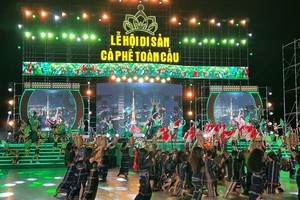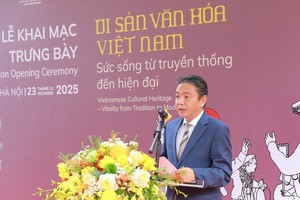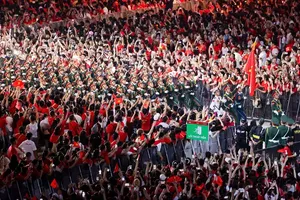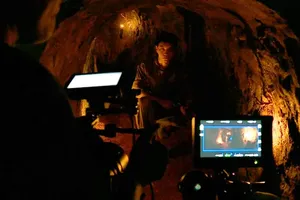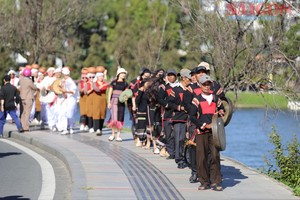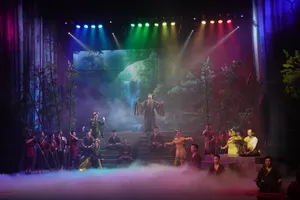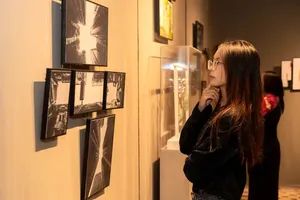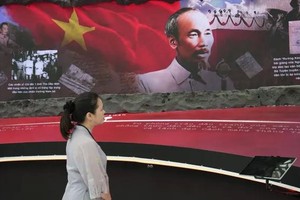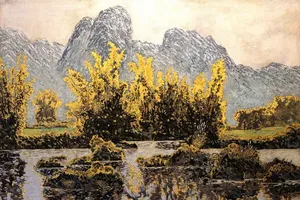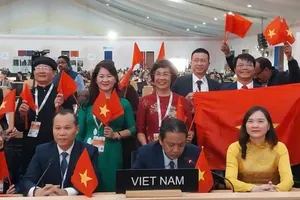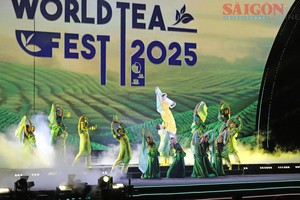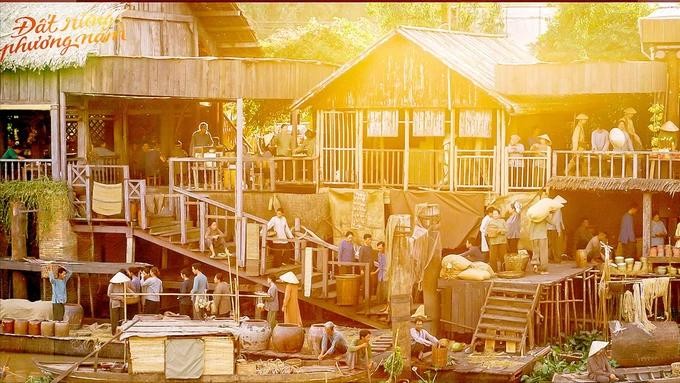
During yesterday’s workshop, held as part of the Hanoi International Film Festival 2024, directors, producers, and filmmakers discussed numerous challenges that have crippled historical film-making in Vietnam. Prejudice is one of them.
Poet Nguyen Quang Thieu, who serves as the Chairman of the Vietnam Writers' Association and is recognized for his extensive collection of short stories that have been transformed into films, remarked that the adaptation of literary works and historical themes pose significant challenges.
As he said, Vietnamese filmmakers have exhibited excessive caution regarding literary authors and historical themes, which has resulted in a suppression of creativity. Rather than striving to develop innovative and insightful viewpoints, they tend to be preoccupied with the accuracy of historical representation and fidelity to the essence of the original material. This self-imposed vague fear ultimately leads to the production of many works that are uninspired and devoid of distinctive character upon their release.
The Chairman of the Vietnam Writers Association emphasized the importance of historical accuracy in filmmaking, but also stressed the need for creative freedom of filmmakers. While filmmakers should avoid distorting history, they should also be encouraged to explore historical contexts and characters in innovative ways. However, fear of public criticism often leads to self-censorship.
Audiences' reluctance to embrace bold cultural and historical works of art has posed significant challenges for historical film adaptation projects and films.
Poet Nguyen Quang Thieu believes that there must be close coordination between filmmakers, producers, the target market, and the audience for the success of literary adaptations or historical dramas.
A tolerant and understanding approach is essential to the development of historical films. Prejudicial assumptions can hinder the creative process and limit the potential of this genre.
Director Charlie Nguyen agreed, emphasizing the need to clarify the definition of historical films and works of art. Cinema is simply about expressing tales from a unique perspective. Demanding that a film be as accurate as history is too difficult, said Director Charlie Nguyen.
Not only historical film directors, producers but the administrative bodies also face the same challenges and high pressure. Director Vi Kien Thanh of the Department of Cinema recounted an incident concerning the film 'Dat rung Phuong Nam' ( Southern Forest Land) which faced divergent opinions from the audience.
As a result, he revealed that the Department of Cinema convened three meetings to discuss the film. The atmosphere was quite charged. He even stated that if accountability was sought, the Director of the Department of Cinema should be dismissed.
In a discussion with historical filmmakers, Associate Professor Bui Hoai Son, a Standing Member of the National Assembly's Committee on Culture and Education, emphasized that honoring history is a collective moral obligation, with artists and filmmakers playing a crucial role in conveying national pride and self-respect through their artistic endeavors.
He added that the Cinema Law seeks to balance the need for historical accuracy with the desire for artistic expression. While it is important to avoid distorting or misrepresenting historical facts, filmmakers should be encouraged to explore different perspectives and interpretations of the past. By striking a balance between historical truth and creative license, filmmakers can produce films that are both informative and entertaining.
Producer Trinh Hoan said that historical films require high budgets, while the ability to recover capital is not guaranteed like entertainment films.
Investors are drawn to commercial films with high entertainment value because they offer a safer bet for recouping investments and appealing to a wide audience.
The producer advocated for increased state support to foster the development of historical films. Recognizing the inherent risks and specialized demands of the film industry, they argued that tax incentives and preferential loans can alleviate financial pressures and create a more conducive environment for historical filmmaking.
